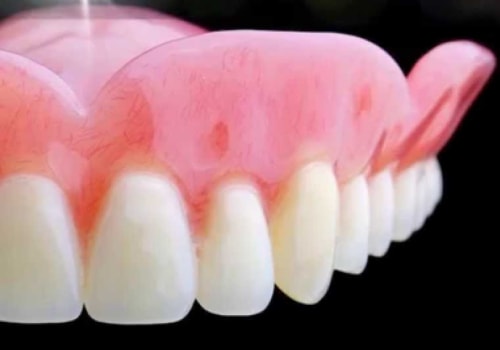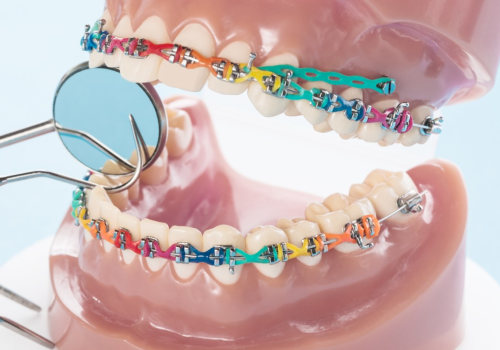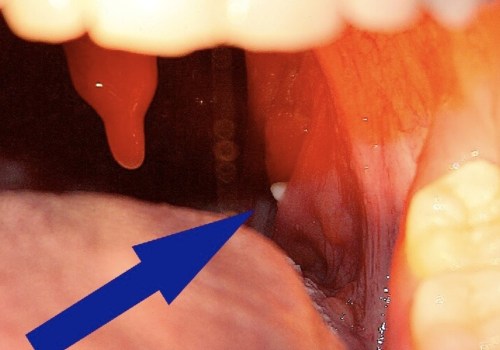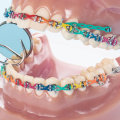Only a dentist can provide assistance with cavities, gum disease, and more, while an orthodontist is the only one who can straighten your teeth in a certain way. Nowadays, dentistry covers a wide range of dental care for patients. It includes treatment of the gums, teeth, jaw and nerves. All orthodontists are highly-qualified dentists, but not all dentists are orthodontists. Let's explore if orthodontic specialists fill cavities.
Before you get your braces, it's important to visit your dentist to clean and check for cavities. It's easier to fill cavities before treatment with braces, so orthodontists recommend that you seek dental treatment before starting orthodontic treatment. Wearing braces usually involves frequent visits to the orthodontist. You can even go monthly. However, don't assume that these appointments are a substitute for your routine dental care.
Your orthodontist is not your dentist. An orthodontist is trained and qualified to examine the position of the teeth and treat alignment problems. It's not your responsibility to check for cavities, treat gum disease, or diagnose other oral health problems. So, you'll still need to schedule that appointment for a dental checkup, regardless of how many times you've seen your orthodontist this year. Certified orthodontists are trained to diagnose and treat oral health conditions of the teeth, gums, and mouth.
The orthodontist may need to remove the support from the tooth receiving the filling so that the general dentist can more easily treat it. Orthodontists also receive this training, but receive additional education to specialize in diagnosing and treating tooth and jaw misalignments.
Dentists
and orthodontists are two types of doctors who have extensive practice diagnosing and treating oral health conditions. Be sure to schedule your appointments with the orthodontist and dentist to fill the cavity and replace the wire. A routine dental cleaning and checkup every six months can be one of the most beneficial things you can do to protect your oral health, as well as your investment in orthodontics. Orthodontists also often pursue a pre-dental or pre-medical specialization in their undergraduate degree before entering dental school.Orthodontists receive additional training, which enables them to install braces and diagnose a misaligned jaw. Be sure to visit your general dentist regularly for cleanings and to check for potential problem spots on your teeth. If you wear braces to straighten your teeth or correct another dental problem, your orthodontist may place molar bands on your back teeth. To do this, your orthodontist will consult with your dentist to find out the best way to do the filling around the orthodontic appliances.






